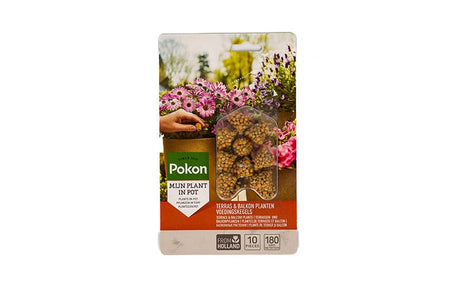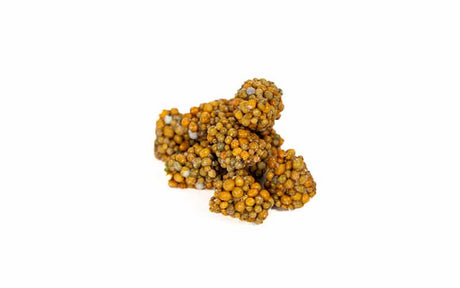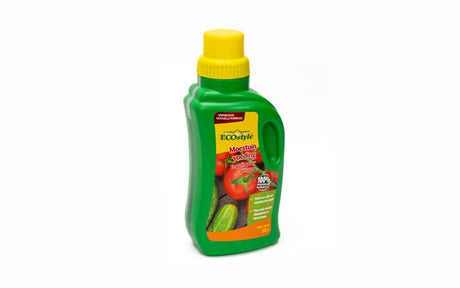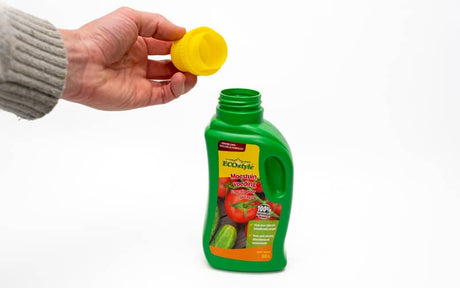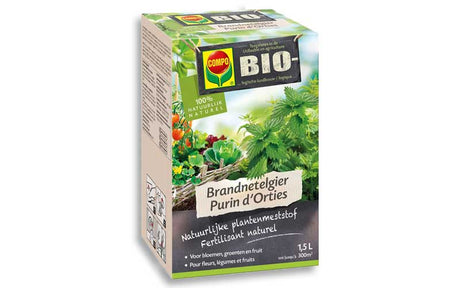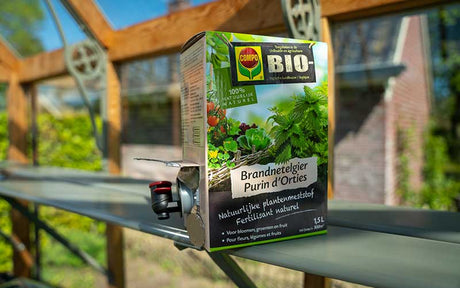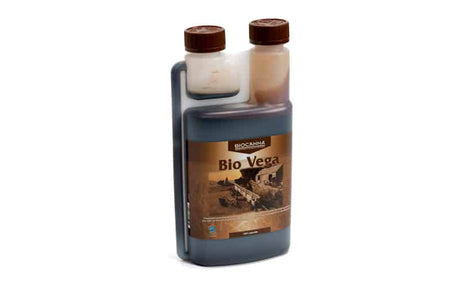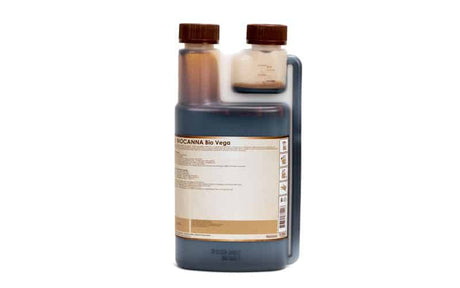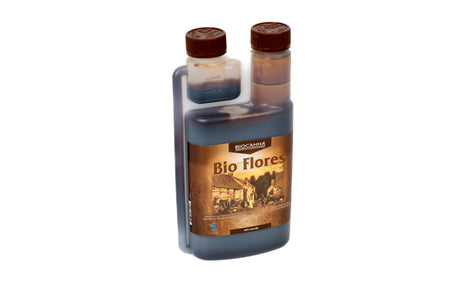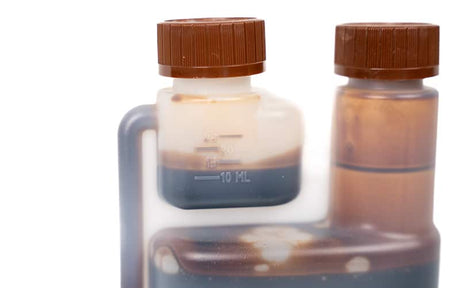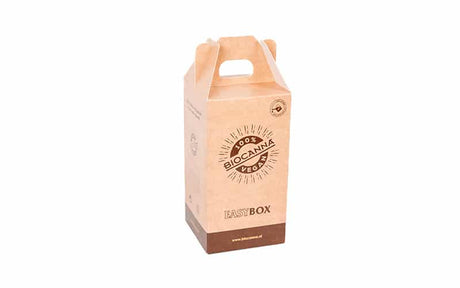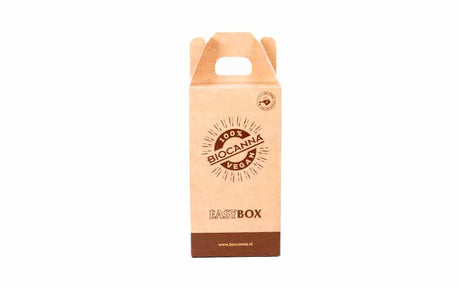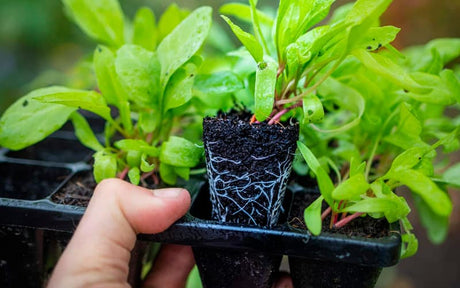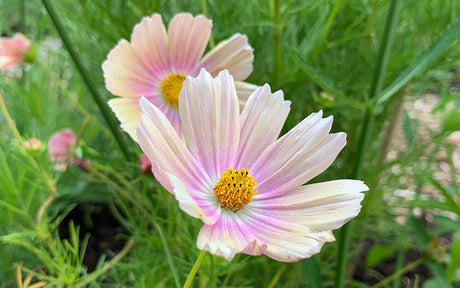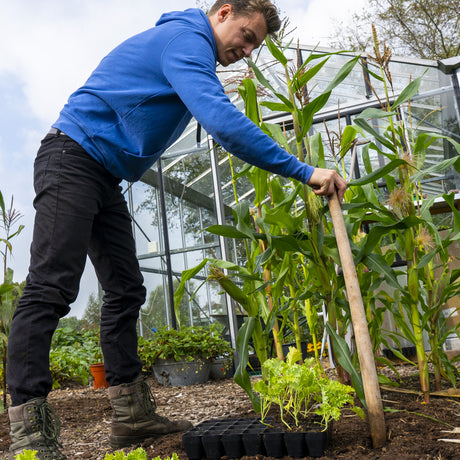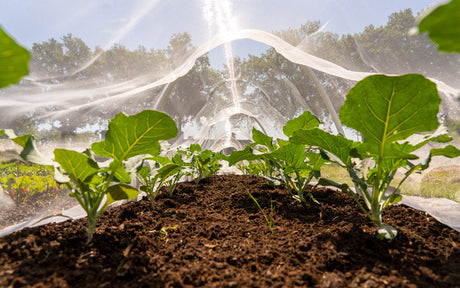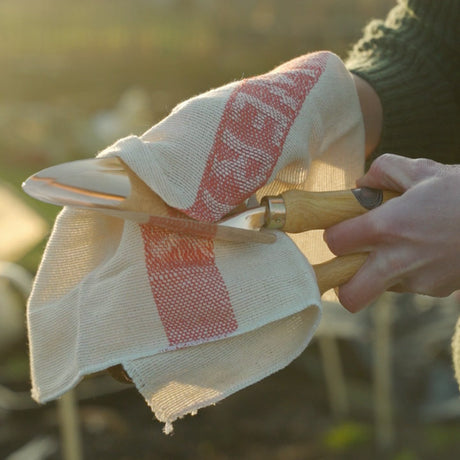Fertilizers are substances added to plants to provide nutrients necessary for growth and development. Typically rich in nitrogen, phosphorus, and potassium, fertilizers help compensate for the deficiencies in soil, ensuring that your plants have the nutrients they need to thrive.
Plant in pot Fertilizer - Easy to apply - Flowering Phase
2,955,45Unit price /UnavailableOrganic liquid fertilizer - 500 mL concentrate for 50L
6,95Unit price /UnavailableNettle extract - Organic plant fertilizer and pesticide
15,95Unit price /UnavailableNatural Plant Food for Vegetative Growth
10,95Unit price /UnavailableFermented Natural Plant Food for Fruits and Flowers 125L
10,95Unit price /Unavailable- 17,50Unit price /Unavailable
Understanding Fertilizers and Their Applications
How to Use Fertilizers in the Garden
To use fertilizers effectively, it’s important to follow specific guidelines based on the type of fertilizer and the needs of your plants:
- Liquid Fertilizers: Mix liquid fertilizers with water according to the instructions on the label and apply directly to the soil around your plants. This method helps ensure that nutrients are immediately available to the roots where they're most needed.
- Application Timing: Apply fertilizers during the growing season when plants are actively growing. Early morning or late afternoon is ideal to prevent the sun from burning the plants after fertilization.
- Frequency: Regular application can lead to better plant growth and increased yield, but it's important to follow the recommended frequency to avoid over-fertilization which can harm your plants.
Maximizing Harvest with Fertilizers
Using the right type of fertilizer can significantly increase your harvest. For vegetables and fruits, select a fertilizer that enhances both root development and flowering, as healthy roots and plentiful flowers typically lead to a better yield.
Nettle Extract: A Natural Fertilizer Option
Nettle extract is an excellent organic fertilizer rich in nitrogen, which promotes vigorous plant growth. It can be used as a foliar spray to strengthen the plant’s resistance to disease and pests. It’s especially beneficial during the vegetative growth phase of plants.
Understanding Fertilizer Types: Growth vs. Bloom
Our specially designed grow tents and covers, such as fleece and mesh, also play a crucial role in protecting your plants from slugs and snails. These barriers prevent pests from reaching the plants while allowing light and water to pass through, which is vital for plant health.
Why to Avoid Fertilizers for Seedlings
While it might be tempting to apply fertilizers to boost seedling growth, doing so can actually be counterproductive. Fertilizing seedlings can make their roots less effective at seeking out nutrients naturally from the soil, leading to weaker plants. Instead, focus on providing seedlings with a strong start through good soil preparation and only start fertilizing once they are established and actively growing in the garden.


